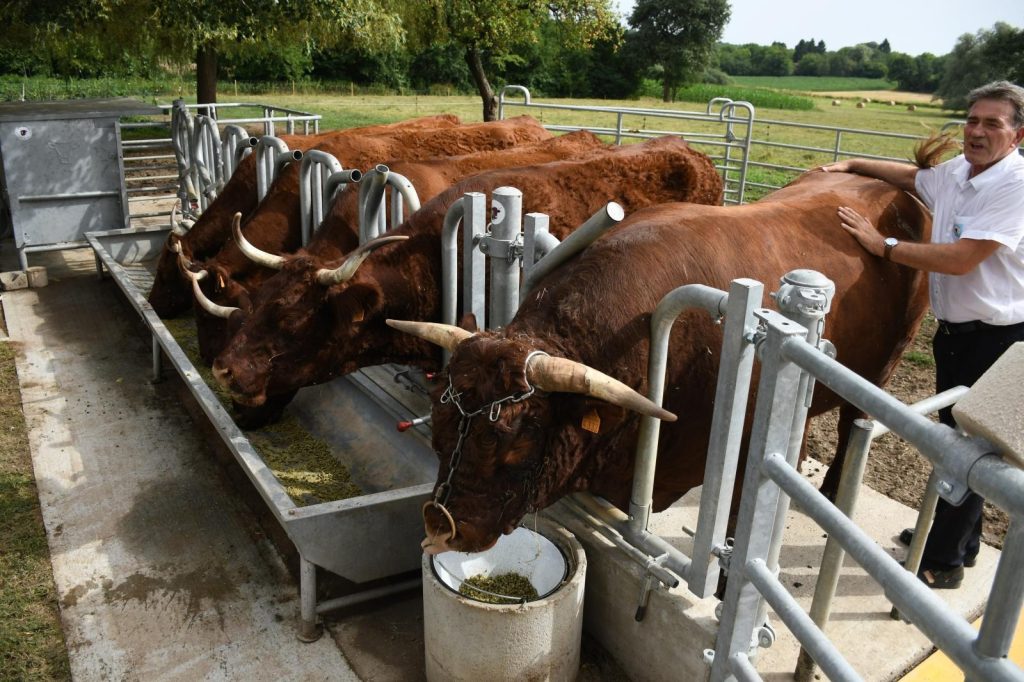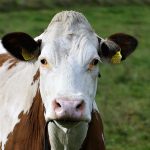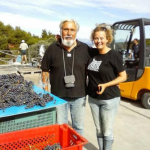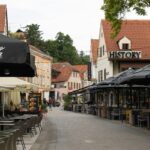The meeting also discussed the continuation of negotiations with the European Commission on additional measures necessary for the regulation of the market.
The talks focused on the rise of fodder prices in the last nine months, and Vučković said that this trend was triggered entirely by external circumstances and disruptions caused by climate change.
Animal husbandry in Croatia is particularly affected by a rise in the prices of cereals and oil crops of between 20% and 80% on the year.
Commenting on the vulnerability of livestock farming, the minister admitted that the sector had been faced with big challenges since Croatia’s admission to the EU.
However, some statistics show recovery, such as the halting of the drop in the number of cows, and there has been a modest rise in cattle headcount, the minister said.
She said that since Croatia’s admission to the EU, the number of milk producers had dropped by 60%, however, the output per milk producer had risen twofold.
A representative of cattle growers, Damir Horvatić, said that the authorities should step up the protection of domestic production.
He proposed a ban on the export of cereals until local demand is met so as to avoid fodder shortage.
Horvatić also appealed for better regulation of the use of arable land.
He pointed out that in 2020, a kilogram of maize cost 1.20 kuna to rise to 1.80 kuna this year, whereas the price of a liter of milk was HRK 2.80 to fall to HRK 2.70 this year.
For more, make sure to follow our business section.











